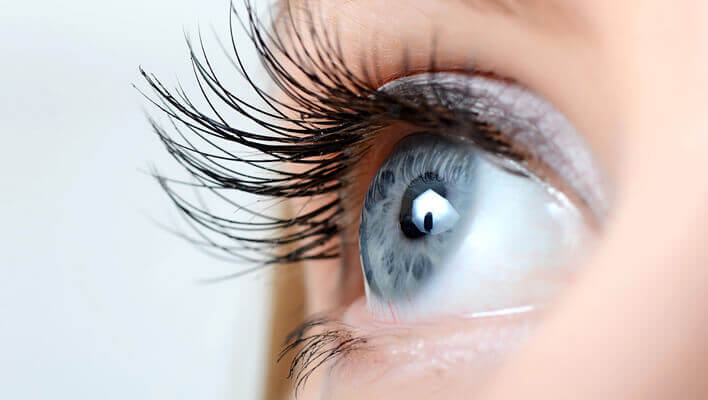Some watering of the eyes is normal and necessary for proper eye function and good eye health. In fact, tears lubricate the eyes and wash away particles and foreign substances in or around the eyes. However, excessive watering can indicate a more serious health problem or an environmental issue needing to be addressed.
Increased tearing, called epiphora, happens either because a drainage duct fails to function correctly or the eye produces more tears than necessary. While not usually an emergency, epiphora has a variety of causes, some of which require a physician’s help to resolve.
The most common causes of increased watery eyes include the following:
- Clogged tear ducts
- Dry eye syndrome
- Environmental irritants (dust, the wind, cold, bright light, smog, etc.)
- Foreign objects or chemicals in the eyes
- An injury such as a cut or scrape on the eye
- Allergies, the common cold & sinus problems
- Eyelid turning (ectropion or entropion)
- Problems with contact lenses
- Decreased tear production and increased eye sensitivity due to aging
- Eye strain from computers, bright light, etc.
- Ingrown eyelash
- Pink eye or other eye infection
- Prescription medications
- Various medical treatments (chemotherapy, for example)
- Eyelid inflammation (blepharitis)
Fortunately, most causes of watery eyes clear up quickly with time and proper medical treatment.
Common sources of relief and prevention for epiphora include:
- Artificial tears to relieve dry and burning eyes
- Massage for clogged ducts
- Allergy medications, both topical and systemic
- Minor surgery for blocked ducts or improper eyelid positioning
- Sunglasses to protect against UV rays, foreign bodies, and glare
- Removal of irritants
- A fresh set of contacts, change in contact brand/type, or switching to glasses
One of the biggest causes of epiphora, dry eye syndrome, is among the most surprising and least suspected. Dry eyes are caused by insufficient or poor quality tears, which cause eyes to over-compensate in tear production.
In addition to the typical solutions for excessively watery eyes, healthy eating, and good eye hygiene, such as washing hands before touching eyes and not rubbing eyes if they’re already irritated, can also help ensure eyes stay healthy and return to normal quickly if a problem arises.
Of course, any prolonged case of watery eyes, as well as cases accompanied by other symptoms, should always be addressed by a physician. Also, having eyes checked regularly by an ophthalmologist can go a long way in preventing problems from getting worse or from even occurring in the first place.







